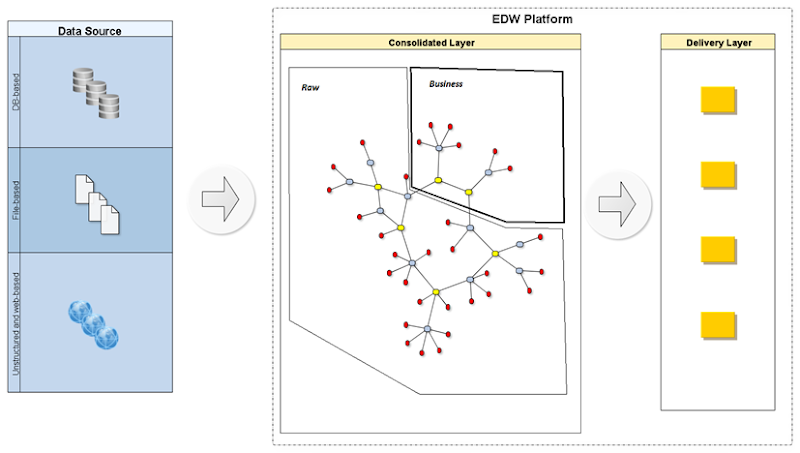The level of cognitive load is directly linked to all the new information (principles, fact, rules, definition, etc.. ) that is to be assimilated early on any new project inception. Any method or tool helping me to optimize my knowledge acquisition and management could certainly be a big benefit for the project.
The key spec I'm looking for in such a tool are:
- must be flexible and easy to add new content without having to first organize and structure the content, the relationship among concept and taxonomy
- must be light (must not "get in the way" ) and ideally available from the net and stored the info centrally
- must easily allow for structuring, re-structuring the content (either through tag, hierarchy, taxonomy, etc...)
- and obviously must be intuitive...
There are tools more oriented toward online collaboration which have been adapted for personal use: personal wiki ( e.g. twiki for personal, moinmoin personal). But I find these too html-presentation oriented... my concern is to gather information not how should it be represented.
Although I did not yet find the optimal solution, I find the tools that falls into the area of "mind-mapping" (e.g. theBrain, freeMind, thinkgraph) to offer good characteristics. You are not too worried with how info is presented (since it pretty much follow a fix canvas) so you can fully dedicate yourself with the information content. However, it does suffer from a few limitation: volume content (I don't see collpasing/exploding thousands or more nodes), versioning and/or time-dependent information, ...
So until I find a better match, I will keep on relying on mind mapping software, and it always help when you can have a good open source and free version such as Freemind. And for an online solution, there is also mind42.com.
As an example, I just used it to gather some background knowledge on rules/best practices applicable when one wants to define data layer of aggregation in a typical data warehouse implementation relying solely on relational technology (inspired from Mastering data warehouse aggregates). Here is a partial view of this guideline (done with Freemind):
Here is the same guideline shown as a dynamic mind map :
Martin





